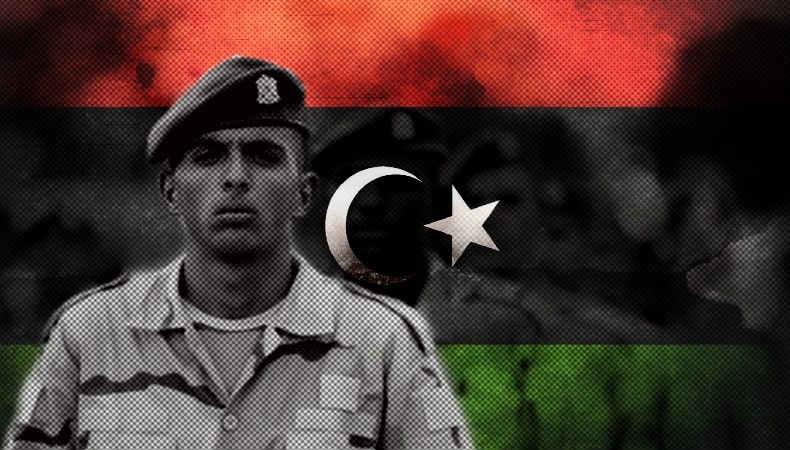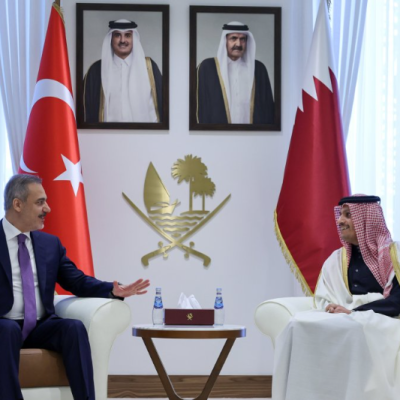As Libya prepares for a stable political system, UN asks for exit of mercenaries

On Tuesday, United Nations urged for the exit of mercenaries and foreign fighters from Libya by Saturday as the war-torn nation started working towards a setting stable government. The United Nations Secretary-General Antonio Guterres asked both the UN-recognized Government of National Accord (GNA), headed by Fayez Mustafa al-Sarraj, and the rival forces led by strongman General Khalifa Haftar “to maintain their resolve in reaching a lasting political solution to the conflict, resolving economic issues and alleviating the humanitarian situation.”
Guterres’ order came in adherence to the October 23 ceasefire agreement signed by the warring factions of Libya, which have been at loggerheads since 2014 to claim maximum of the oil-rich reserves of the North African nation. In a report submitted to the UN Security Council on Tuesday, Guterres welcomed the roadmap adopted by the Libyan Political Dialogue Forum. The forum comprise of 75 member nations who have been trying to bring a mutually accepted political mechanism in Libya, in order to establish an interim government in the nation which would lead the country through presidential and parliamentary elections scheduled for Dec. 24, 2021.
Guterres emphasised for the immediate implementation of cease-fire agreement “without delay,” adding that all the parties involved in the conflict should exhibit “…the full and unconditional respect of the Security Council arms embargo” against Libya.Guterres raised the need for “a clear but flexible mandate” as part of United Nations Support Mission in Libya (UNSMIL) in order to ensure implementation of the cease-fire. Officials said that the UNSC resolution framework would be related in late January or early February.
Read more : UN Secretary-General Antonio Guterres Urges Foreign Fighters to Exit Libya by Oct 23
The next meeting of the UNSC on Libya political process is scheduled for Jan. 28. So far UK is preparing a resolution to present to the UN mission, aiming at obtaining a supervisory role in maintaining peace in the otherwise volatile African country, which has been victim of years of civil war.Guterres suggested the need for international community to come forward to observe the October cease-fire agreement, based in the strategic city of Sirte, which is a key exit point to the country’s major oil fields and export terminals. He said an advance team would be sent to the capital city of Tripoli to “provide the foundations for a scalable United Nations cease-fire monitoring mechanism based in Sirte.”
The UN secretary-general expressed concern over continued violence and terror attacks in the country, saying that reunifying the country’s security institutions would help “to mitigating the risk” from Daesh and other terror and extremist groups.“Though operationally weakened as a result of a series of counter-terrorism operations, (Daesh) … and a support network of al-Qaida in the Islamic Maghreb (AQIM) remain a threat in Libya,” he said.




